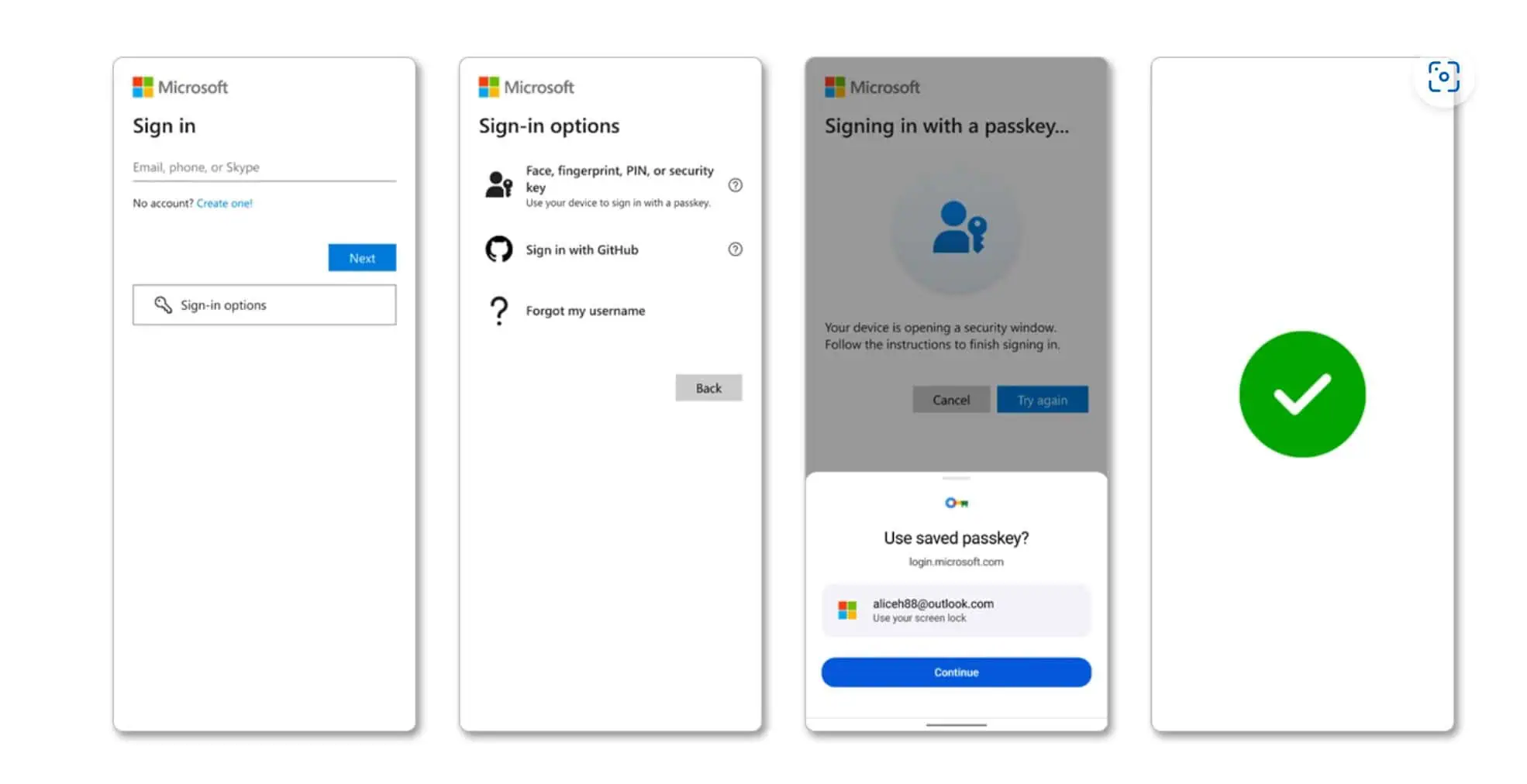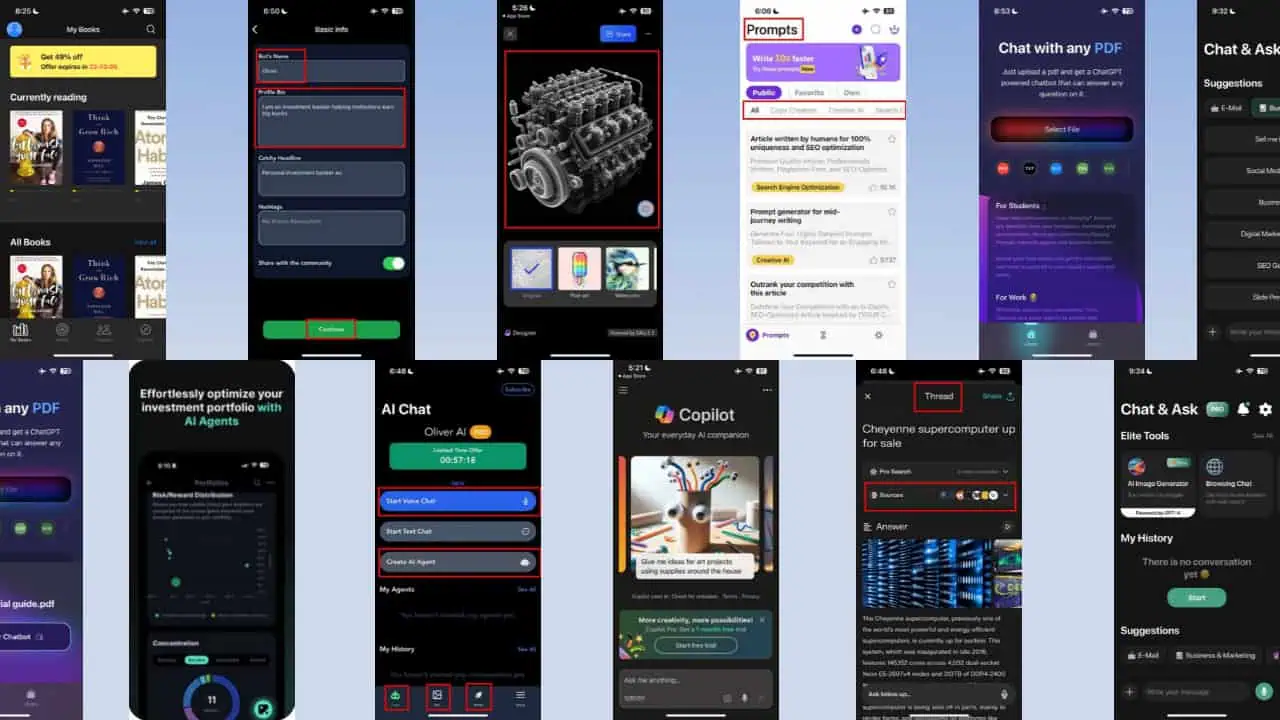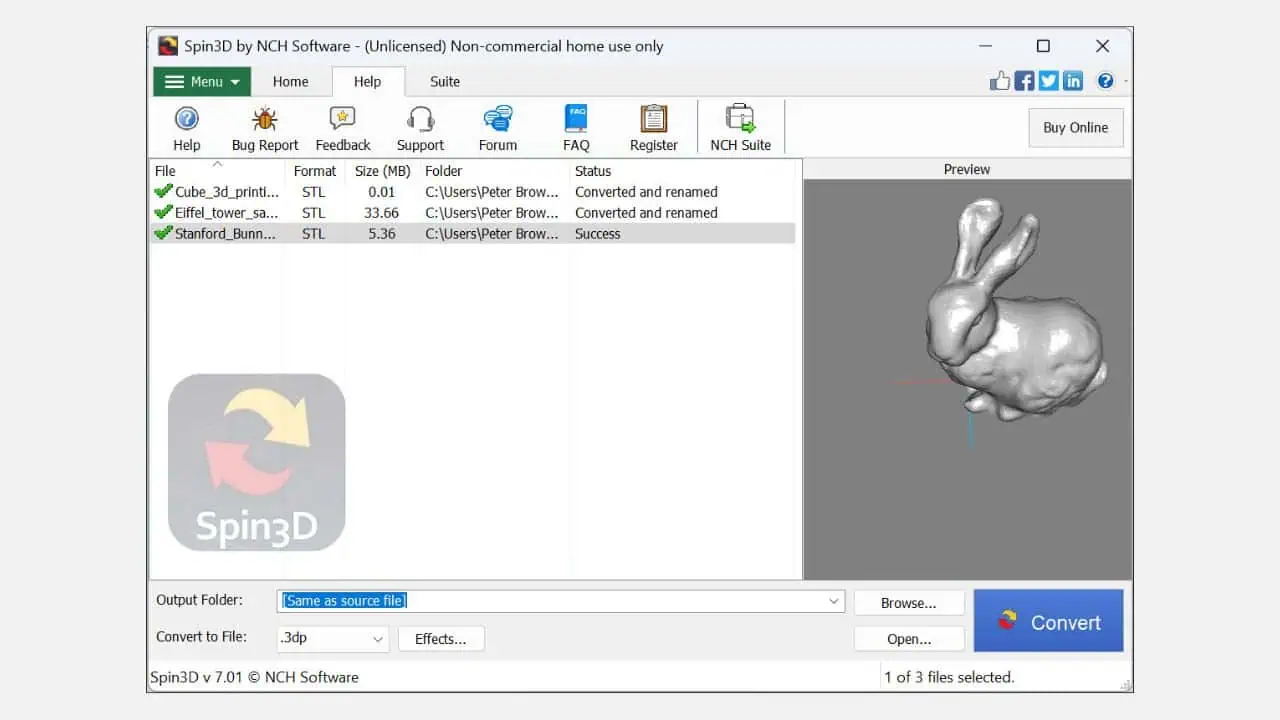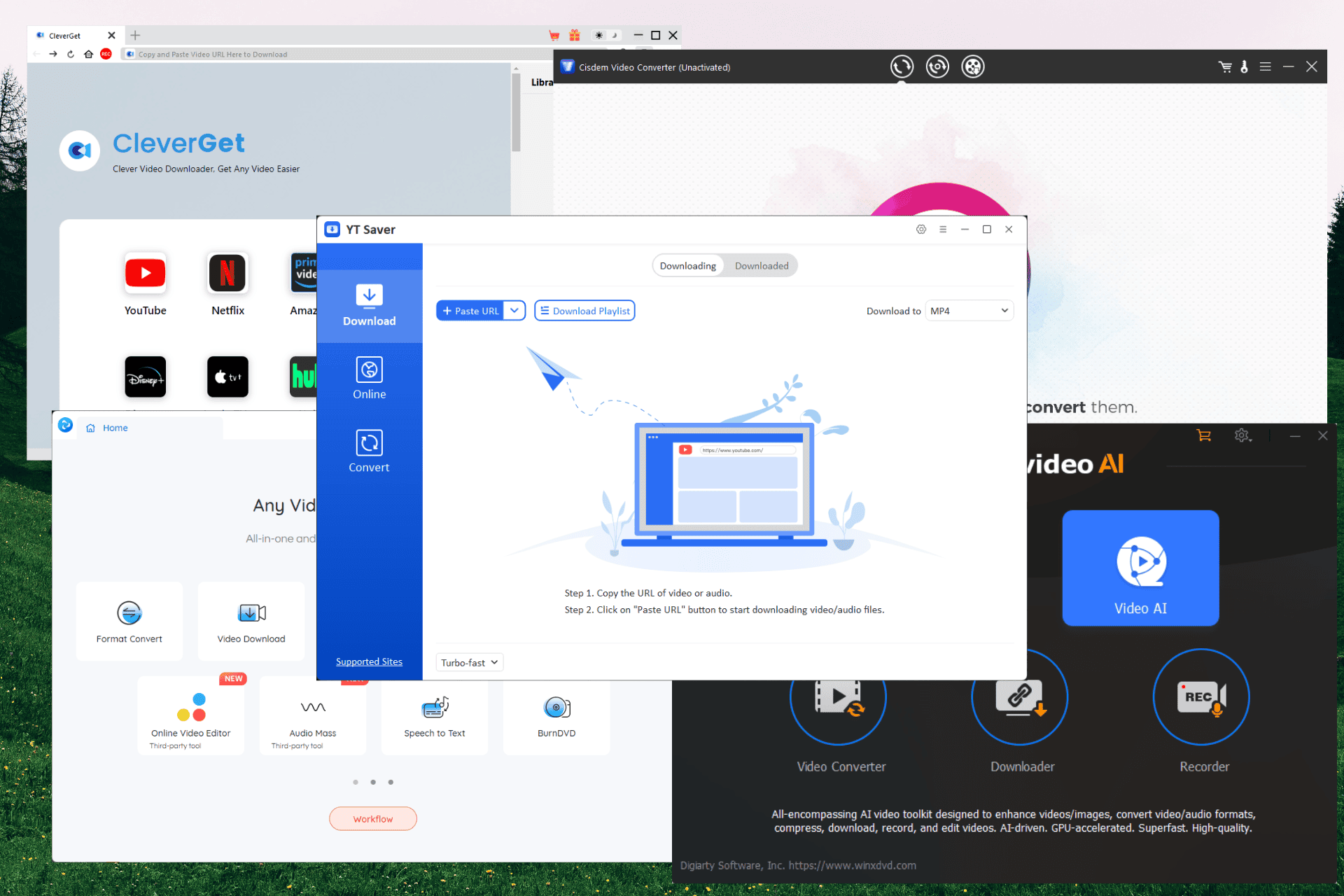Google Accuses Microsoft of Leveraging Office and Windows Server to Dominate Cloud Market
2 min. read
Published on
Read our disclosure page to find out how can you help MSPoweruser sustain the editorial team Read more

In an unusual role reversal, Google, a company that has frequently been accused of monopolistic behavior, has lodged a complaint against Microsoft alleging anti-competitive practices. The complaint, made in a letter to the Federal Trade Commission (FTC), accuses Microsoft of using unfair licensing terms to “lock in clients” and thereby exert control over the cloud-computing market.
The letter was a response to a broad FTC request for comments on potential anti-competitive acts in the cloud industry. Google singled out Microsoft in its complaint, arguing that Microsoft’s dominant Windows Server and Microsoft Offices products make it difficult for clients to use anything but its Azure cloud infrastructure offering. Google described Microsoft’s licensing restrictions as a “complex web” that prevents businesses from diversifying their enterprise software vendors.
Google further argued that such control represents a significant national security and cybersecurity risk, highlighting successive cyberattacks involving Microsoft products, including the SolarWinds breach.
While Google itself has faced antitrust concerns, including two lawsuits from the U.S. Department of Justice within two years, and three others from state attorneys general, this move marks a significant shift in the landscape of the tech industry.
In its FTC letter, Google did not limit its accusations to Microsoft alone but also alleged that Oracle’s practices are harmful to customers. Google argues that “overly complex agreements” that lock in clients to their ecosystems are forcing customers towards a monolithic cloud model, limiting choice, increasing costs, and disrupting digital ecosystems both in the U.S. and globally.
The accusation recalls the 1990s when Microsoft was involved in one of the most notorious antitrust cases in U.S. history, accused of using its dominance in desktop software to push consumers to its internet browser, effectively stifling competition from emerging companies such as Netscape. The government won the case, ultimately forcing Microsoft to allow PC makers to use other companies’ browsers.








